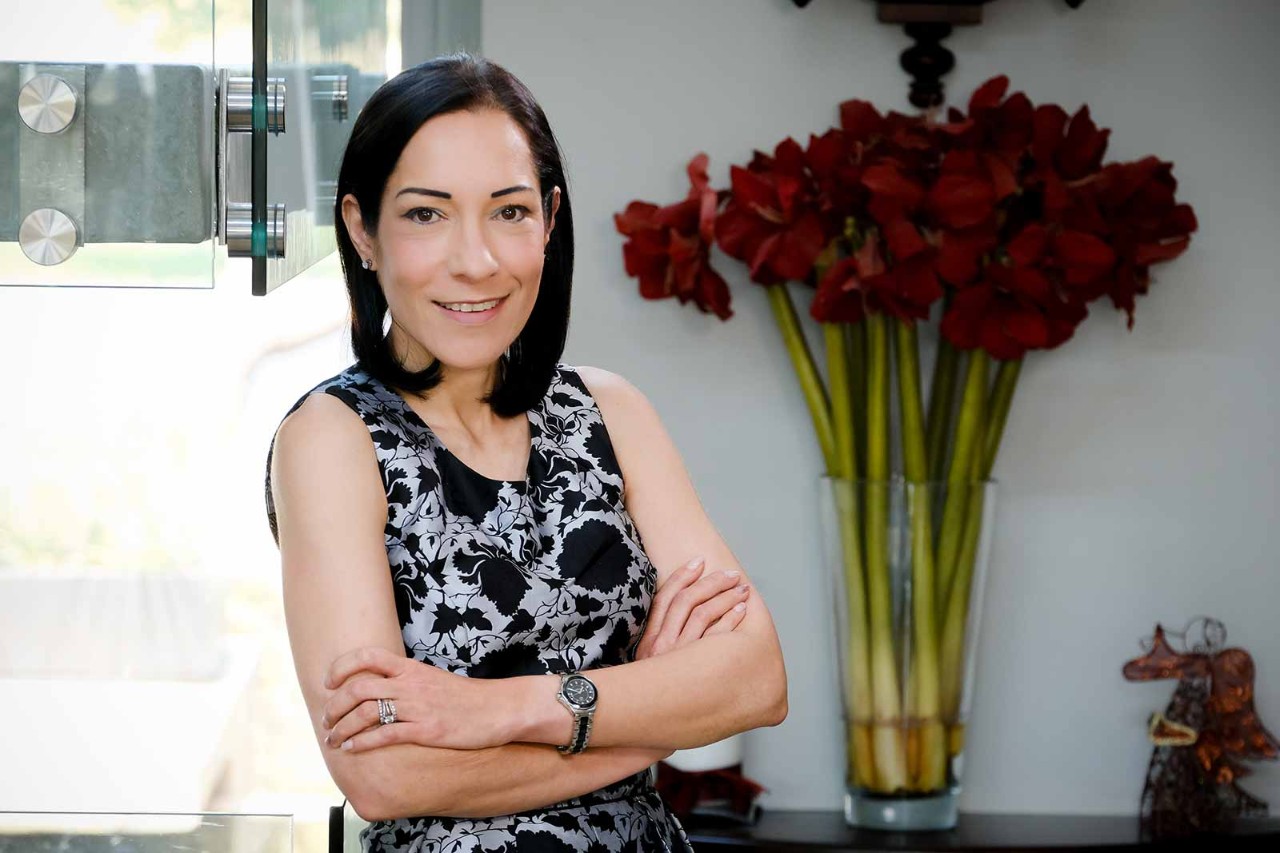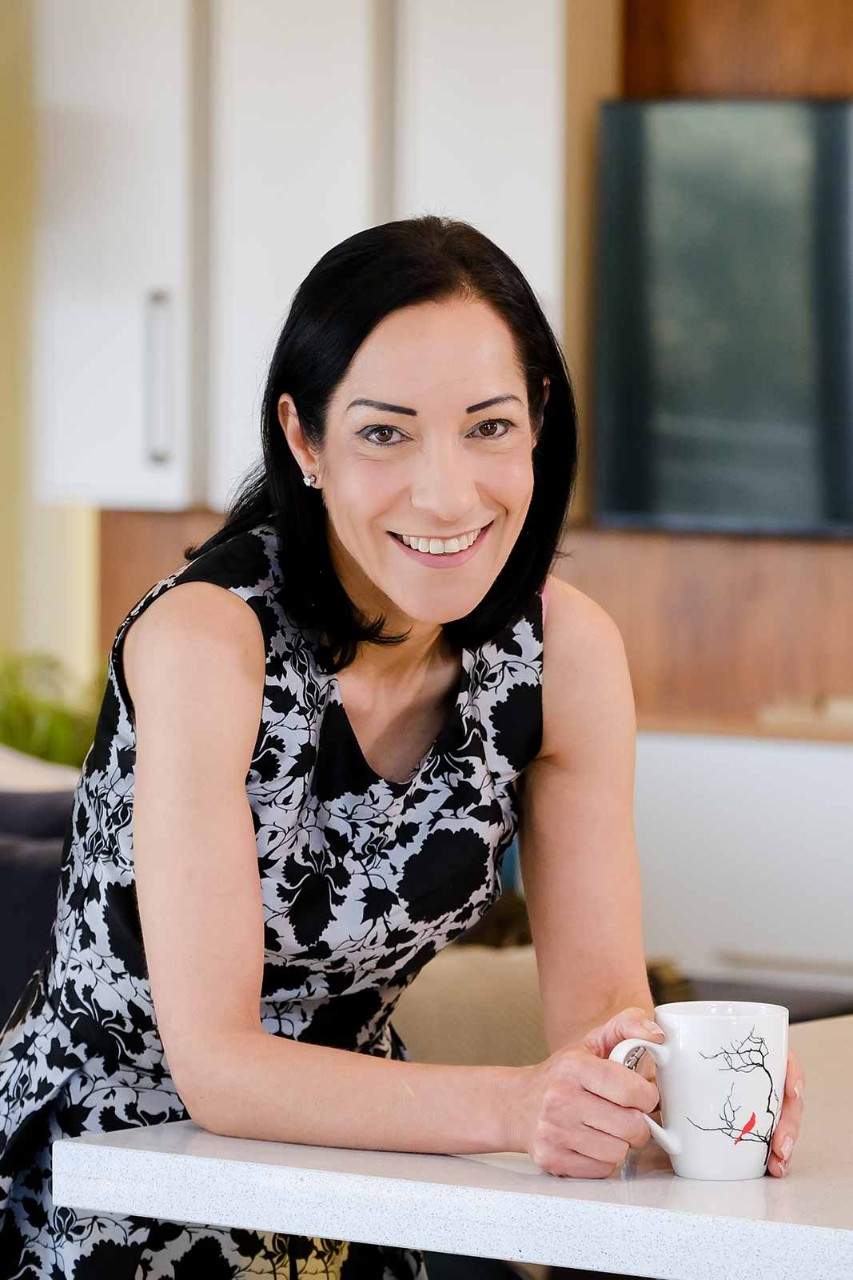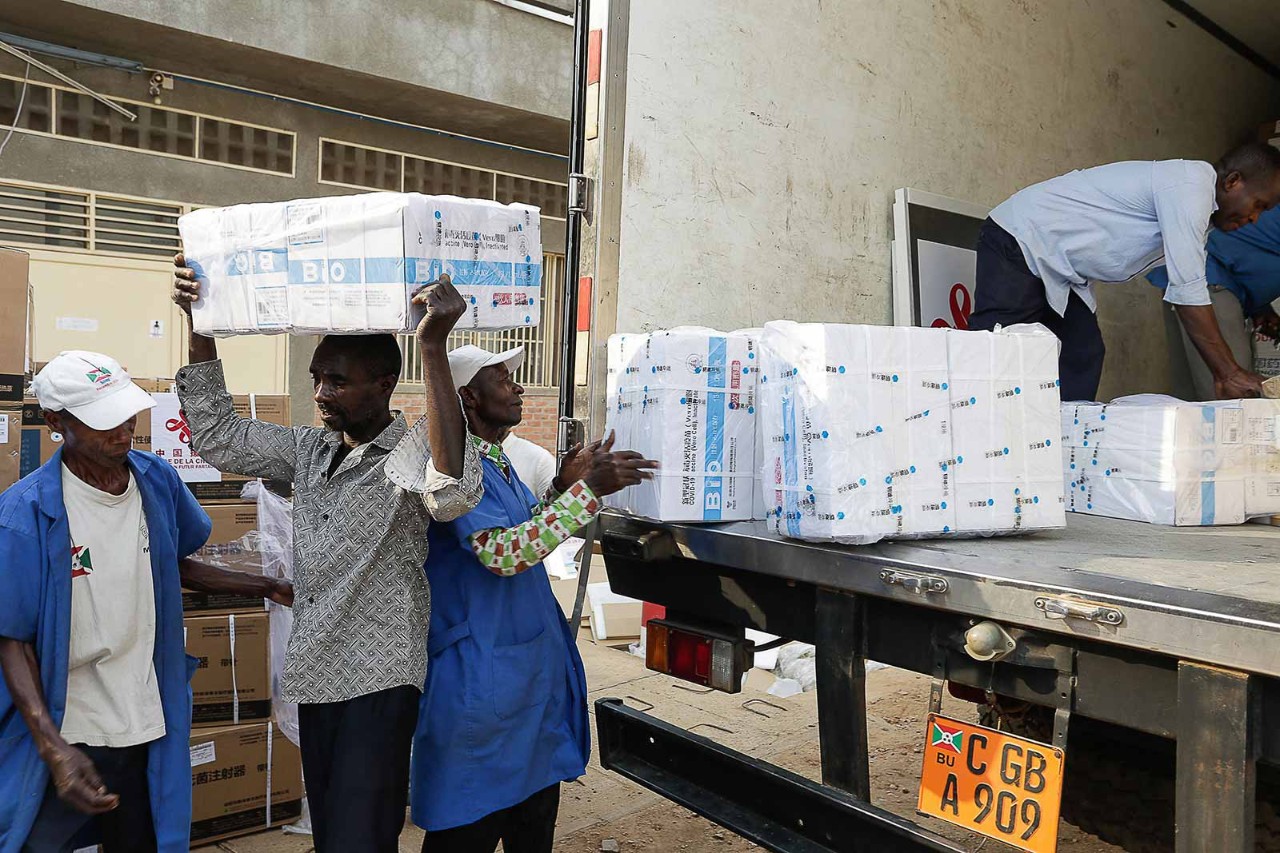
Jo-Ann Pöhl FCCA has carefully planned her rich and varied career. From the investment banking, retail banking and insurance sectors to professional services and now information and communication technology, Pöhl has made deliberate choices about where she has worked and for whom throughout her career.
Since April 2020, she has been CFO of ICT services company iOCO, which she says was a ‘considered move to be in the trenches’. iOCO is the core business of the EOH Group, one of Africa’s largest technology services providers. She joined the company one year into a turnaround strategy that focused on refining and revising the capital and corporate structure to stabilise the business (with an emphasis on quality earnings, cost reduction and solving substantial legacy debt and an inefficient capital structure) and positioning EOH for future growth.
‘ACCA gives people an opportunity to pivot their careers, or stay in their organisations and grow’
CV
2020
CFO, iOCO
2017
CFO, Bowmans
2017
Non-executive director and adviser, Sanari Capital
2015
CFO, Telesure Investment Holdings
2012
CFO, Africa, Standard Chartered Bank, then non-executive director (2015–17)
2008
Chair, Charities Aid Foundation Southern Africa
2007
CFO, Teba Bank (renamed Ubank in 2010), South Africa
2004
Head of finance, Africa and Middle East, Barclays
‘The EOH turnaround story – going from a R1.3bn [US$85m] operating loss in FY20 to a R147m [US$9.6m] operating profit in FY21 – demonstrates the passion, commitment, resilience and grit of the team. iOCO is the core business of the group and contributed 63% of total revenue in FY21.’
People power
Pöhl’s leadership lessons began at Barclays Bank where she spent four years, culminating in the role of finance head for Africa and the Middle East. ‘Understanding the business of the business was important, and actually a lot of that business came down to people,’ she says.
She embraced the opportunity to work with the human capital function across the region. ‘It definitely honed what is not taught on a technical front, which is why I think continuing professional development should focus on softer skills including an EQ [emotional quotient] component. Partnering the business as a finance professional with this human perspective improved my impact.’
Conscious capitalism
From there, in 2007 Pöhl re-entered the South African market to become CFO of Teba Bank (rebranded as Ubank in 2010), which enabled her to live the ethos of ‘conscious capitalism’. The bank’s socially responsible and ethical business operations have impacted lives and livelihoods. ‘Banking is an enabler. When it shifts from a transactional approach it can be transformational in improving the lives of customers and uplifting families,’ Pöhl says.
After returning to international banking, this time as CFO for Africa at Standard Chartered Bank, she pivoted from financial services into professional services. She joined pan-African law firm Bowmans to place herself in a position to influence business and society – ‘because there is a link between the financial services system, lawyers, accountants, and legislation makers and regulators. We play a role in changing or enabling the landscape for the better.’
Pöhl says her decision to move to EOH was to gather another item into her ‘experience-bucket’. She believes people are either maintainers of a business or builders of a business – solving challenges, unlocking opportunities and optimising. She puts herself in the second category.
Global citizenship
Pöhl had already qualified as a CA in South Africa when she decided to obtain her ACCA Qualification, to open doors and gain credibility across multiple jurisdictions. ‘ACCA gave me a passport as a global citizen, with a qualification that is recognised across the world. The reality is that people don’t always have the opportunity to learn everything at once,’ she says. ‘The ACCA Qualification is incredibly well structured for gradual learning.
‘ACCA gives finance professionals an option to pivot their careers, or to stay in their organisations and grow, plus manage their work-life choice.’
‘Accountants should play an active role in tackling challenges, from inequality to discrimination and the impact of climate change’

Tips
‘Start with empathy. Ask ‘how can I help?’ often, and allow yourself to be helped. Make the time to listen and understand.’
‘Talk the talk and walk the talk.’
‘Be invested, and invest in yourself. It’s really important to be curious and committed to continuous learning that pushes you beyond your comfort zone, so adopt a learn-it-all approach as opposed to a know-it-all one.’
‘We need to use our skills and insights to make decisions grounded in sound governance. Use your head, your heart and your gut to do what is essentially right.’
‘Lead with humility. It’s about allowing people to shine vs shining alone. You need purpose, passion and possibly a little bit of ego to succeed, but you should also ensure you get out of ego’s way, as your legacy is what you leave behind – who you give a hand-up to and not what you take with you.’
‘Be future- and tech-savvy. In this dynamic world, staying on top of trends requires effort. Be digitally fluent and actively connect with your network, industry and thought leaders.’
Pöhl, who has been vice chair of ACCA South Africa since 2020, says accountants should be proud of their finance backgrounds because few roles are as compelling. ‘We are the sandpaper and the glue in our organisations,’ she says. ‘We help navigate around obstacles and through issues, and recalibrate like a Google map to ensure we get to the destination. And we help keep things together in an agile world – it’s about ensuring things are executed on and properly measured.’
An active role
Pöhl defines conscious capitalism as contributing to broader development. ‘Accountants should play an active role in tackling some of the challenges we’re facing, from extreme inequality – the widening digital divide is an inequality multiplier – to discrimination and the impact of climate change.’
For the past 13 years she has chaired the board of the Charities Aid Foundation Southern Africa (CAFSA), which aims to strengthen civil society and the non-profit sector. It promotes and facilitates effective giving, volunteering and social investment and its vision. She is also a steering committee member of the 30% Club Southern Africa, which aims to reach at least a minimum of 30% representation of women in senior management and boards around the world, because better representation means better business, she says.
Asked what aspects of her career she has enjoyed the most, she says people, through mentoring and sponsorship. ‘People are a sustainable foundation to build a legacy on. Mentoring someone helps them gain confidence, and advocating for them publicly helps them achieve career momentum. Be both a mentor and a sponsor! We should be king- and queen-makers.’


